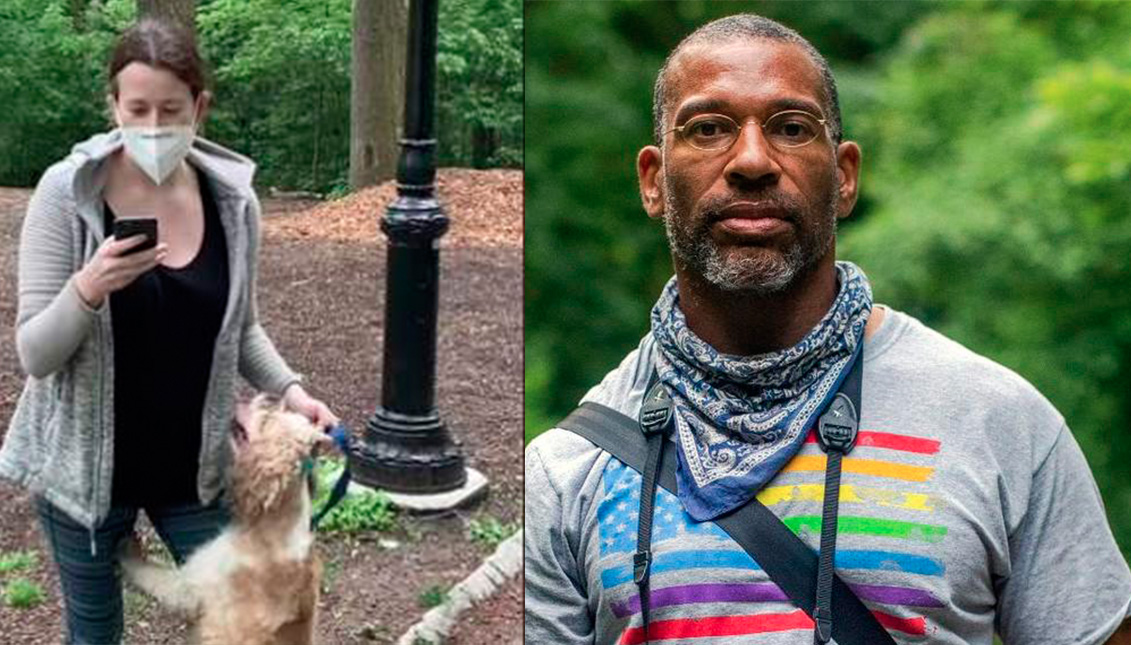
BLM in the Lab: Fighting Racism in Science
African American and Latino scientists denounced a racist "glass ceiling" in academia, and are taking action.
Last May, a bad omen flew over New York City's Central Park. A woman walking her cocker spaniel, Amy Cooper, ran into African-American ornithologist Christian Cooper — the name is just a coincidence — and in a display of the subtle racism of 2020, the white Cooper called the police. The video shocked half the world just hours before George Floyd's murder in Minneapolis.
This is not the first problem a Black scientist has had in a country that claims to be diverse, and in a field as supposedly "neutral" as science. According to ABC, science professionals have been facing discrimination for years to the point that many have chosen to wear their credentials when doing field work.
This was explained to journalist Christina Larson by Christopher Schell, an African-American environmentalist from the University of Washington, who is studying how the coronavirus is affecting Seattle's wildlife.
"I wear the nerdiest glasses I have and often a jacket with my university logo on it, so people don't confuse me with what they think is a bully or a punk," Schell said.
Bucknell University botanist Tanisha Williams is also forced to carry her field guides with her to avoid looking "suspicious" when she searches for plants in public parks.
RELATED CONTENT
"I've been questioned by random strangers," she said. "Now I bring my wildflower books and botanical field guides, trying to look like a scientist. It's for other people. Otherwise I wouldn't carry these books."
The issue is not limited to harassment in her field, but to the lack, they say, of a diverse perspective on research. According to numerous surveys, such as the one conducted by the National Science Foundation in 2016, only 6% of the academics who identified themselves as Black obtained doctorates in life sciences, and less than 3% in physics and earth sciences. While Latinx students hold only a slightly higher percentage, with 8% of Ph.Ds in life sciences and about 5% of Ph.Ds in physical and earth sciences.
For Washington University researcher Scott Freeman, the issue is not the lack of interest from people of color, but the lack of economic resources many families have for their children to pursue a scientific education from middle school and high school into college.
Bringing racial and social justice to the center of academic debate is now a major concern of many scientific institutions and more and more researchers are using their social media to share their experiences of racism in these seemingly objective, professional settings — where there has historically been a "glass ceiling" for women and people of color. They're speaking up also to highlight the achievements of scientists of color.
"Growing up, the only Black botanist I had ever heard of was George Washington Carver," said Williams who helped organize a Twitter campaign to highlight the achievements of Black botanists.











LEAVE A COMMENT: